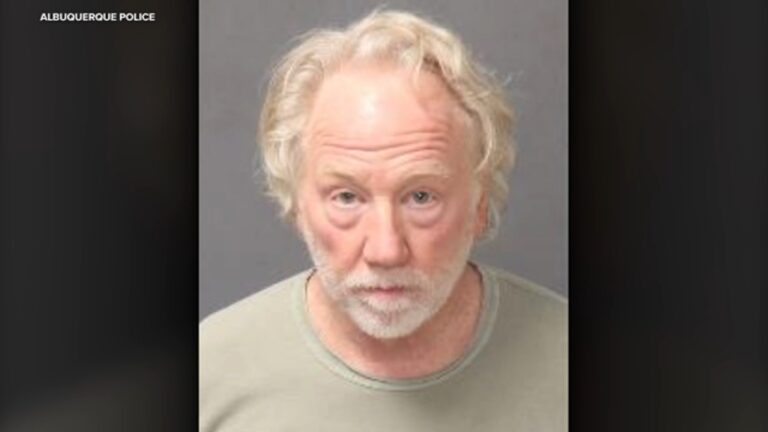
SAN FRANCISCO (KGO) — San Francisco can officially tackle illegal fencing – an issue that’s plagued neighborhoods like the Mission and the Tenderloin.
“We have the police multiple times come over but their hands were tied, so there was nothing they could do and it really affected us,” said Adel Alghazali, owner of Mi Tierra Market in San Francisco.
For years, Adel Alghazali has recorded people stealing fruit and other items from his businesses in the Mission and minutes later selling those same items across the street from him to people walking by.
“We contacted police, and they couldn’t do anything before but hopeful now they can do something about,” said Alghazali.
Street vendors with legitimate permits like Manuel Soltero, are tired of the bad actors.
MORE: SF’s 16th and Mission Streets plagued by drugs and illegal goods
“We have to pay to purchase those items, and we can’t compare with those (illegal street vendors) people,” said Soltero.
Senate Bill 276 is giving hope to many, including Mission Street vendors with city permits. They’ve had permits for years but were forced to move indoors several years ago as the city looked for ways to tackle illegal fencing.
“The really bad actors who are sort of using the cover of the good folks who have been selling their wares in the mission, and the previous law made it very challenging for law enforcement to participate and so public works was engaging some really bad folks,” said Carla Short, Director of San Francisco’s Public Works Department.
The new state bill gives San Francisco the power to require permits, cite, and seize products when there are no receipts for proof of purchase.
The director of the city’s Public Works department – the agency responsible for enforcing street vending – explained what the new enforcement would look like.
I-TEAM EXCLUSIVE: Fencing operation video shows what happens after car break-ins
We’re getting a firsthand look at a fencing operation for stolen goods, showing what happens after all car break-ins we’ve seen across the Bay Area.
“After Public Works has issued a written warning to someone then the police can get involved in they show back up within 18 months,” said Short.
The law is now in effect, but SFPD is not implementing yet. Senator Scott Wiener, the lawmaker behind SB 276, said city supervisors still need to agree on one more requirement.
“The mayor and the Board of Supervisors have to formulate a list of commonly stolen goods that will go on to an officially adopted list so that if people are selling those commonly stolen goods without a permit and without proof that they purchased them, then they can be ticketed by the police,” said Senator Wiener.
If an item is not on the city’s list, then it won’t be covered by this law. Senator Wiener said the city has the ability to amend the list in the future.
The enforcement period is set to start in the beginning of 2026.
Copyright © 2025 KGO-TV. All Rights Reserved.

Duncan Meyers, founder of BDJOBSTODAY, shares expert career advice, job market insights, and practical tips to help professionals grow and succeed in their careers.



